Gujarat National Law University, Gandhinagar & CAN Foundation recently hosted an Online Lecture on ‘Dissents That Made A Difference: India & Abroad’ which began with a welcome address by Prof. (Dr.) S Shanthakumar, Director, Gujarat National Law University.
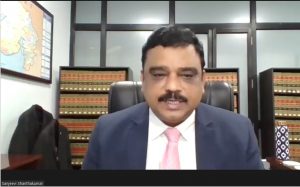
Mr. Dhruv Mehta, Senior Advocate, Supreme Court of India was invited as a co-panelist with Mr. Justice Sanjay Kishan Kaul, Judge, Supreme Court of India.
Mr. Mehta discussed a catena of landmark judgements and dissents over time. He started with Justice Fazl Ali’s remarkable dissent in the Preventive Detention case – AK Gopalan’s case. The majority had held that Article 21 must be held within four corners and Article 19 has no application in Preventive Detention.
While referring to Justice Vivian Bose, Mr. Mehta outlined how he dealt with Article 14 in State of Bengal v Anwar Ali Sarkar. The Judges used the Classification test of the US and on application, the special courts violated Article 14. Justice Bose’s view on Art. 14 was “conscious of the court test”.
He further detailed how Justice Bhagwati relied on the words of Justice Bose as of Kati Rani Rawat case and held that Equality is a dynamic concept and cannot be confined by doctrinal approach and it is antithetical to arbitrariness. He also dealt with other interesting judgements on this line including the ShayaraBano case.
Mr. Mehta also launched into a detailed account of unflincing dissents given by Justice Subba Rao in various landmark matters and their impact. He also refers to the autobiographical account by Mr. F. S. Nariman, Senior Advocate which referred to Justice Subbarao as the architect of the judgement in Golaknath, wherein it was held that all the fundamental rights were beyond the reach of parliament’s power to amend Article 368 because any amendment to the constitution was law and all laws in contrary to fundamental rights, were void. As stated by Nariman, in his autobiography, if there was no Golaknath, there would have been no Kesavananda Bharti and no theory of Basic Structure as propounded by majority in that monumental decision.
Mr. Mehta ended his address by discussing certain contemporary examples such as Justice Indu Malhotra’s dissent in the Sabrimala case and its reception and impact.
This addressed was followed by a brief Question-Answer Session moderated by Ms. Anupama Dhurve (NLIU ’10) and Mr. Kanu Agrawal (NLIU’14).
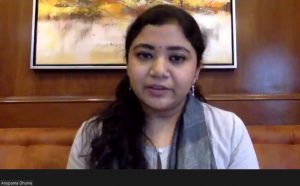
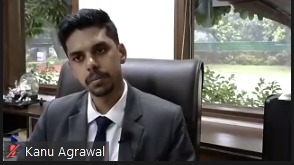
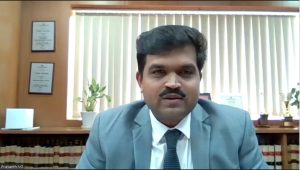
The Lecture was organized in Media Partnership with Bar and Bench, who are well known for their stellar legal reporting.
Further, the SCC Online- EBC Group served as Knowledge Partners and lent their critical support to the event. The SCC-EBC Group is well known for being the industry leaders in legal research and have revolutionized the realm of legal research by creating reliable content.



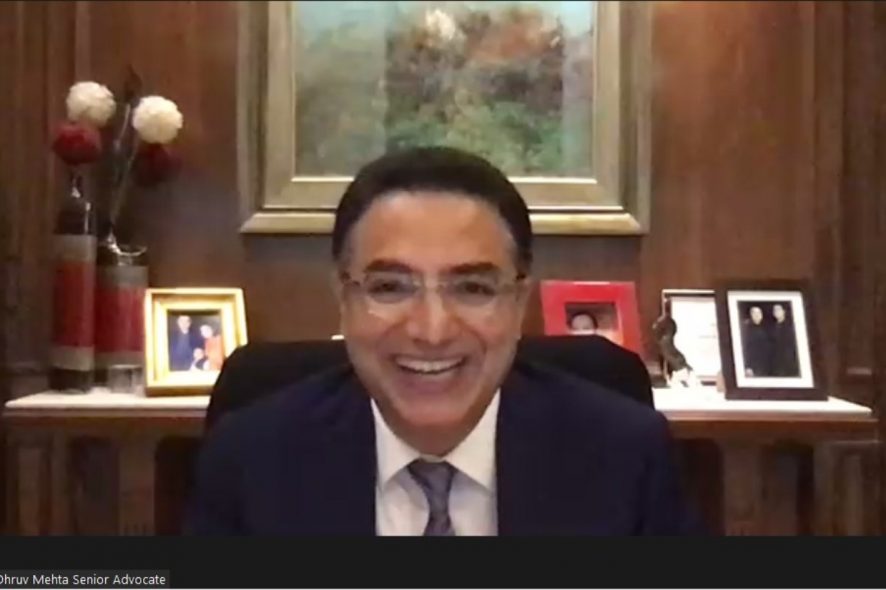




i want to join the confrence and certificate